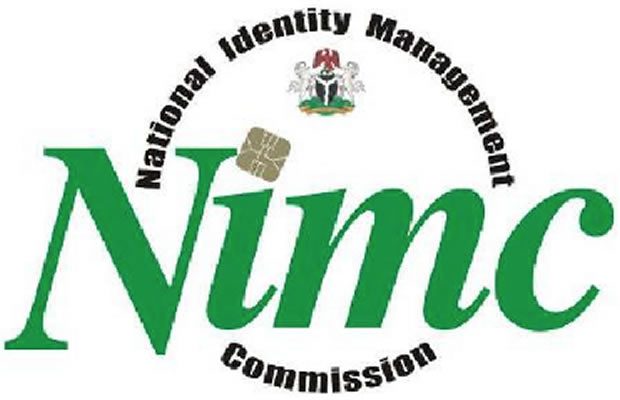The head of the National Identity Management Commission, Engr. Abisoye Coker-Odusote, has restated the organization’s commitment to overcoming obstacles in establishing a comprehensive and widely accepted national identification system.
She mentioned that this commitment remains strong despite the various hurdles faced by the commission, including infrastructure limitations and logistical issues in NIN enrollment processes.
Engr. Abisoye stated this during a Senate Committee meeting on National Identity and National Population, as per a statement by the DG technical Adviser on Media, Ayodele Babalola, in Abuja.
The meeting, chaired by the committee’s Deputy Chairman, Senator Gbenga Daniel, aimed to address current challenges at the commission and develop strategies to tackle them.
During the meeting, the NIMC boss expressed appreciation for the committee’s proactive involvement and valuable insights, and reaffirmed NIMC’s readiness to work with relevant stakeholders to achieve its goals.
She assured the committee of NIMC’s resolve to implement the recommendations arising from the discussions.
The statement partly read, “The director-general’s participation in the Senate Committee’s meeting reflects NIMC’s commitment to maintain the highest standards of transparency and accountability.
“And stakeholder engagement in its efforts to strengthen Nigeria’s identity management infrastructure.”
She added, “The meeting emphasized NIMC’s firm determination to overcome the challenges and deliver on its mandate of providing a robust and universally acknowledged national identification system for Nigeria.’’
It also highlighted that Mrs Coker-Odusote pointed out ongoing initiatives aimed at enhancing service delivery, improving operational efficiency, and expanding the reach of NIN enrollment services across the country.
According to the statement, the committee’s chairman emphasized NIMC’s crucial role as the country’s prime data parastatal, emphasizing its implications for security, planning, and national development.
“He therefore stressed the need for teamwork and national interest in the operation of the commission and pledged Senate’s support to finding sustainable solutions to the challenges facing NIMC,” the statement concluded.
Recently, Nigerians have expressed strong dissatisfaction with the rigorous enrollment process at the commission's registration office to record their details for their National Identification Number.
Many applicants, whether obtaining the NIN for the first time or updating their data, have had to endure hardship to fulfill the mandatory requirement to link bank accounts and telephone numbers.
In late last year, the Central Bank of Nigeria directed a ‘Post No Debit’ restriction on all bank accounts without a Bank Verification Number and NIN effective April 2024.
“The BVN or NIN attached to and/or associated with all accounts/wallets must be electronically revalidated by January 31, 2024,” the bank added.
Nigerians must also show their NIN to get or update passports at Nigeria Immigration Service offices.
Also, many exam organizations, including the Joint Admission Matriculation Board, have made it necessary for applicants to provide their identity number for registration and verification purposes.



